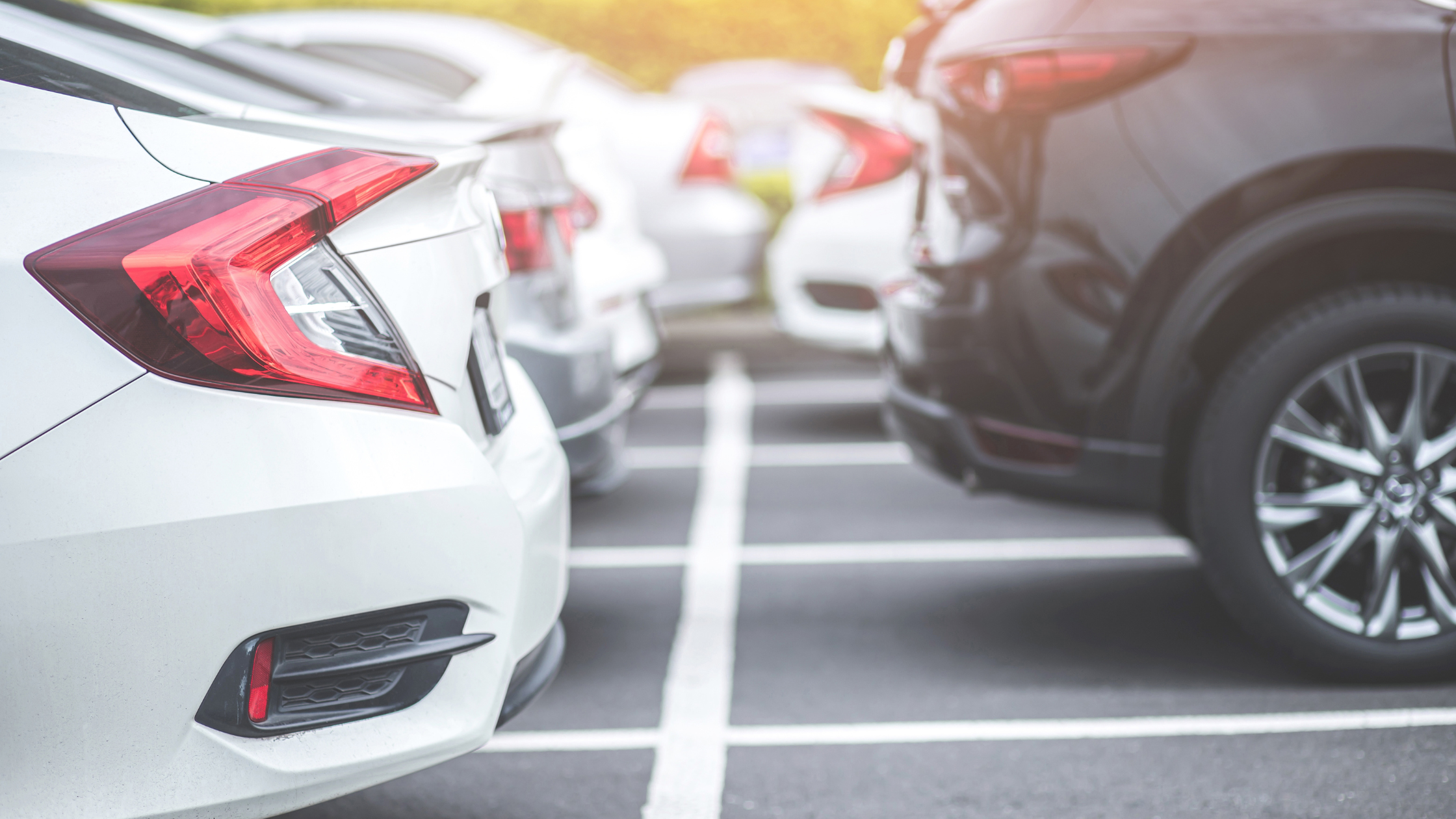Buying a car is one of the most important financial decisions you can make. Whether it’s a means of transport to work or a mobility solution for the whole family, a car is an investment in comfort and safety. Today’s car market offers many options – from modern models with advanced technology to used vehicles in excellent condition. How to make the best choice?
New vs Used Car – Upfront Costs and Resale Value
When it comes to costs, the differences between new and used cars are obvious. The starting price of a new car can be – significantly – higher compared to the price of a used car. For example, a new model can cost 30-50% more than the same used model, even if it is only a few years old and has relatively low mileage. This price difference makes used cars an attractive option for those looking to save money.
In addition, the rapid depreciation of a new car – which can drop by as much as 20% in the first year – makes used vehicles much cheaper and offers better value for money. However, it is worth paying attention to the condition of a used car when buying it to avoid unpleasant surprises.
A good option may be to buy a used car, which is usually only 2-3 years old and has a full service history. Thanks to this, the buyer does not have to worry about hidden defects or unfair practices of sellers.

The resale value of a car is an important factor when buying a vehicle because it affects how much you will get back on your investment if you sell it. So if you are not sure what to choose between a new and used car, the following information will help you.
- New Car Depreciation: New cars depreciate most in value in the first few years, especially the first year after purchase, when they lose a significant portion of their original value.
- Used Cars: A used car has already gone through most of this depreciation. So if you buy it and then sell it later, you’ll lose less money compared to buying a new car.
- Depreciation as a deciding factor: For those who change cars frequently, depreciation is a key factor. From this point of view, it may be more beneficial to choose a used car.
- Long-term storage: If you plan to keep your car for a long time, depreciation becomes less important as you will be reaping the benefits of long-term use without having to worry about resale value but the cost of maintaining the car.
New vs. Used Car – Reliability, Safety and Maintenance Costs
One of the main concerns of used car buyers is reliability. It is true that a new car comes with a full warranty and the chance to avoid mechanical problems for a long time. However, modern cars, even used ones, are very reliable if they are properly maintained. Checking the service history, mileage and other factors such as previous accidents can eliminate much of the risk associated with buying a used car. In addition, many used vehicles come with extended warranties that cover major mechanical failures. This gives you the peace of mind that any repairs will be covered without incurring a significant expense. When it comes to safety, technology has advanced so much that many modern safety features are also available in used cars. Before you buy, you can check whether the model you choose has airbags, ABS systems, traction control or other modern technologies that increase road safety.
Maintenance and insurance costs
Another important factor when deciding between a new and used car is the cost of maintenance and insurance. While a new car may require fewer major repairs in its first few years of ownership, general maintenance (oils, filters, etc.) is similar regardless of the age of the vehicle. In the long run, used cars may require more frequent repairs, but this can be compensated for by a lower initial investment and choosing a model known for its reliability.
The cost of insuring a used car may also be lower due to the lower market value of the vehicle. Comprehensive insurance (CASCO) for a new car is - often - more expensive than for a used car, but the cost varies depending on the model, year of manufacture and accident history. To reduce the risks and costs associated with a used car, working with an authorized dealer can be a great solution, who will make sure that the car is pre-inspected and its history is complete and transparent, as well as offer financing or leasing options tailored to your individual needs.

New vs. Used Car – Sustainability and Lifestyle
In a world where sustainability and environmental protection are becoming increasingly important, buying a used car is becoming an increasingly attractive option. Manufacturing a new car uses a lot of natural resources and energy. By purchasing a used car, you help reduce the demand for new vehicles and, by implication, save natural resources. Recycling and reusing existing vehicles also helps reduce the carbon dioxide emissions created by manufacturing and transporting new cars. Additionally, if you choose a used vehicle that has lower CO2 emissions than your current car, you can have a positive impact on the environment.
The decision between new and used cars is also influenced by personal needs and lifestyle. If you are the type of person who places a premium on the latest technology, comfort and performance, a new car may be the right choice. Conversely, if your budget is tighter or you need a practical transport solution, a used car can provide everything you need for a much lower price. Those with a large family or who travel extensively may prefer a spacious and reliable vehicle, and some used models can offer these advantages at a low cost. On the other hand, if the car is used occasionally, a used option may be more economical, as depreciation and wear and tear will not be as high.
New vs. Used Car – Practical Tips for Buyers
To make sure you make the right choice when buying a used car, it is essential to conduct a thorough inspection of the vehicle before signing a contract with the seller. So choose a reliable dealer who will offer a full history of the car and the possibility of taking it for a test drive. You can also opt for an extended warranty that covers any long-term repairs. Car sales offers from specialist dealers often include financing and leasing options, so you can easily get your hands on the vehicle of your choice, even if you do not have the full amount required. In addition, professional dealers take care of all the formalities, including the process of selling your old car, so that the transaction is as simple and stress-free as possible.
When choosing a car, new or used, here are some practical tips to keep in mind to make the best decision:
- Set a clear budget and decide how much you are willing to spend, including maintenance and insurance costs;
- do thorough research on the models you’re interested in. Read reviews, check reliability, and analyze long-term maintenance costs;
- schedule a test drive of the car before purchasing. Make sure it works properly and meets your daily needs;
- check the vehicle history to avoid purchasing a model with technical problems;
- negotiate the price with the dealer or private seller. There are times when the list price is negotiable, especially for used cars.

Choosing between a new and old car depends on many personal and economic factors. While a new car may offer advanced technology and safety features, the economic and sustainable benefits of buying a used car should not be ignored. With thorough research and proper inspections, you can find a reliable used car that suits your needs. Regardless of which option you choose, working with authorized dealers and taking advantage of extended warranty services can provide the peace of mind and security you need in the long run.
